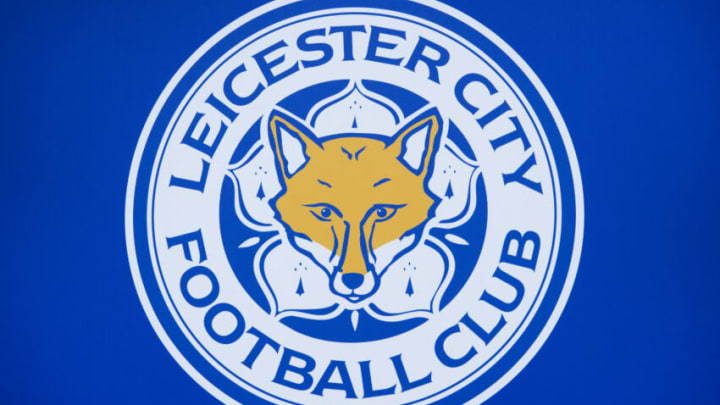
Buy low, sell high
The most notable of City’s transfer strategies, is their ability to secure high transfer fees for players they’ve paid a smaller price for. By now, the club has become an excellent place for younger talent to improve their game and secure a move to the bigger teams around Europe – similar to Borussia Dortmund.
There are four notable examples here: Riyad Mahrez, Danny Drinkwater, Harry Maguire, and Wesley Fofana. We start with Mahrez, whose rise was remarkable and – perhaps – the pinnacle of Leicester’s transfer business.
With the club fighting in the Championship and aiming for promotion to the Premier League, Leicester signed an unknown winger from French side AC Le Havre in the January of 2014 for only £350K. A small figure, even for the Championship, it was a gamble well worth the risk.
By no means did he light up the Championship in his 19 appearances, but he still contributed to three goals and five assists as the club won the second division. In his first Premier League season, Mahrez struggled alongside his team, so his astonishing form in 2015/16 was unprecedented. He finished that season with 17 goals and 10 assists in 37 league games.
From then on, Mahrez never relented. Aside from a brief transfer strop in the early part of 2018, Mahrez was, and will forever be, a fan favourite with his dazzling footwork and pinpoint passing. After another exceptional season – in equal parts to his dribbling and to his blonde hair – the Algerian left Leicester for Manchester City for over £60m, a record-breaking sale for the Foxes at the time. The gamble, it’s fair to say, paid off.
Danny Drinkwater’s £34m move to Chelsea is widely regarded as one of the worst transfer deals in Premier League history, but Chelsea’s foolishness was equalled by Leicester’s genius of knowing when to sell the English midfielder.
Signed for roughly £600K from Manchester United in 2012, Drinkwater became a mainstay in the Leicester squad. Having won the Premier League in Leicester, and earning three senior England caps, Drinkwater clearly felt he had done enough to secure a move to a bigger club in 2017.
A mixture of poor advice from his agent and a desperation from Chelsea led to a huge deal that was obscene at the time, but only got worse in retrospect. Meanwhile, as Drinkwater’s career stalled and faltered, Leicester’s trajectory only rose.
It’s not just an ability of knowing when to sell that Leicester has, it’s also an ability to replace their big departures with sensible signings, rather than wasting all their money on one big-name replacement. The best example of this, of course, is the signings and sales of Harry Maguire and Wesley Fofana.
Maguire, relegated from the league with Hull in 2017, was scooped up for only £17m by the Foxes. A stern and dependable presence in defence, Maguire grew from strength to strength during his time at the King Power. Soon, he was picked for Gareth Southgate’s England side in October 2017 and has gone on to earn nearly 50 caps for the Three Lions.
After an impressive World Cup in 2018, Maguire became admired by many, including Manchester United. In 2019, United decided he was the man to fix their defence and began their pursuit of the Englishman. Leicester named their price and stuck to it; £80m or no deal. After some attempted bargaining, United agreed a deal on Leicester’s terms, making Maguire the most expensive defender in history.
With £80m now in the bank, the temptation for Leicester would be to splash the cash on a world-famous replacement. Instead, they stuck to their guns and used Caglar Soyuncu for the next year. Then, in 2020, when it came to signing a new centre back, they settled on teenage prospect Wesley Fofana. £32m was the fee for Fofana, but he iimmediately made the deal look like a bargain.
Little Wes was an empowering force in the back line and, still only a teenager, often outperformed his fellow defenders. The Frenchman played a key part in the FA Cup-winning campaign and was rewarded with a new long-term deal.
